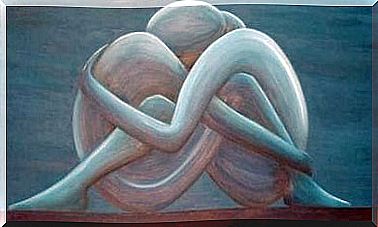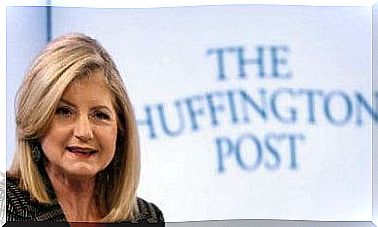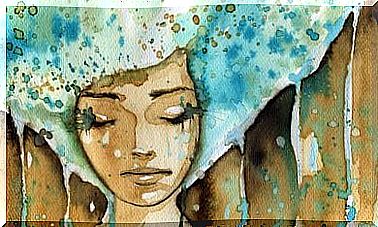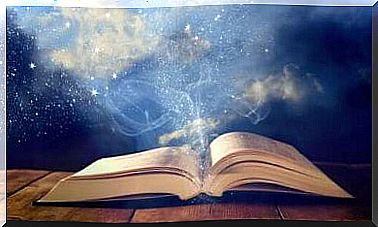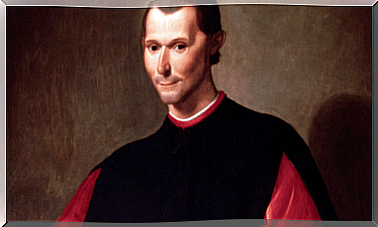Umberto Eco: Novelist And Philosopher
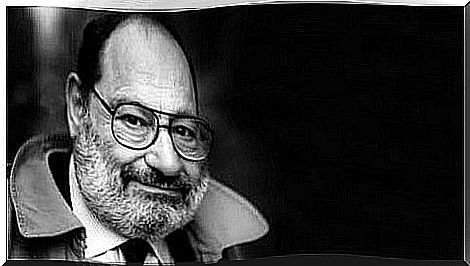
Umberto Eco was an Italian novelist and philosopher, as well as a literary critic, semiotician and university professor. Eco is known for its 1980 novel, Il nome della rosa ( The Name of the Rose ). It is a historical crime novel that combines fiction, biblical analysis, medieval studies and literary theory.
Novelist and philosopher Umberto Eco was born on January 5, 1932 in Piedmont, northern Italy. His father, Giulio, was an accountant and a soldier. As a child, Eco spent hours in his grandfather’s bodega . There he discovered literature by reading the old man’s books, which included works by Jules Verne, Marco Polo and Charles Darwin.
After World War II, Eco became a member of a Catholic youth organization. Not long after, he became their national leader. But he resigned in 1954 in protest of Pope Pius XII’s conservative methods. Eco still had a good relationship with the church.
After this, Eco worked as the cultural editor of the state radio Radiotelecisione italiana (RAI), and he taught at the University of Turin from 1956 to 1964. During his time at RAI, Eco became friends with a group of pioneering artists known as Gruppo 63. The group consisted of painters, musicians and writers, and had a major influence on Umberto Eco’s literary career.
Novelist and philosopher Umberto Eco’s literary heritage
As a semiotician, Umberto Eco tried to interpret cultures through their signs and symbols. He studied religious languages, banners, dress codes, notes, and even comics. During his teaching time at the University of Burgundy, Eco published over 20 non-fiction books about his cultural discoveries.
His literary works are unique, as he has translated academic thinking into novels. Eco found a way to connect his academic working life with life as a fiction writer.
The rose’s name was published in Europe, sold over 10 million copies, and was translated into 30 different languages. Eco was the producer for the successful adaptation of his novel in 1986, directed by Jean-Jaques Annaud, starring Sean Connery.
Throughout his life, novelist and philosopher Umberto Eco continued to teach philosophy, and later semiotics, at the University of Burgundy.
He contributed a lot to mass media culture, something you can see for yourself in Fenomenologia di Mike Bongiorno (A phenomenological study by Mike Bongiorno). Eco’s influence made him well known and as a consequence, he was honored with over 30 honorary titles from respective institutions such as the University of Indiana Bloomington or Rutgers University.
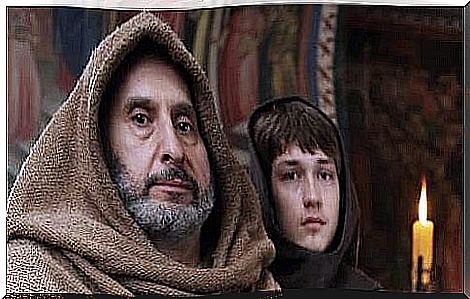
The name of the rose and other literary works
His famous novel takes place in an Italian convent in the 14th century. In this sublime setting, murder occurs. Monks are murdered by like-minded people, who try to hide a lost philosophical treatise by Aristotle. Against all odds, Eco manages to enchant an audience with this crime novel filled with mystery.
In his book, Eco establishes several parallel philosophical conflicts such as absolute truth vs. one’s own interpretation, stylized art vs. natural beauty, predestination vs. free will, and of course, spirituality vs. religion. In other words, fundamental disagreements in every human being. This makes room for the constant talk of traditional medieval Christianity over postmodernism. Eco manages to map the boundaries of both.
His other works have wildly different protagonists, who set their roots in history, such as a clairvoyant crusader in the Middle Ages, a shipwreck from the 17th century, and a physicist from the 19th century. All of his novels promoted semiotic reflections through compelling fictional stories. Eco always strangely balanced between history, reality and fiction in his literary works.
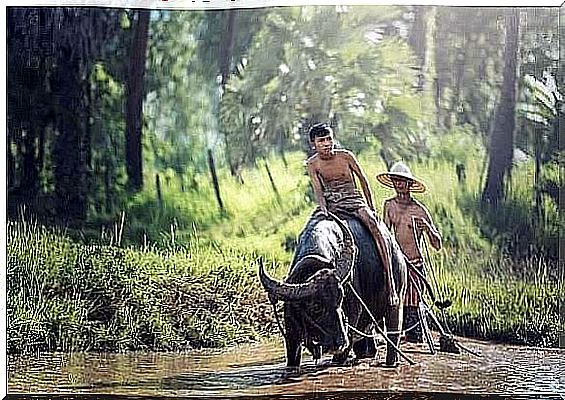
Novelist and philosopher: Umberto Eco’s contribution to universal thinking
In September 1962, Eco married Renate Ramge, a German art teacher with whom he had a son and a daughter. Eco divided his time between an apartment in Milan and a holiday home in Rimini.
In 1988 , Eco created an unusual study program called Western Anthropology at the University of Bologna. This program was quite revolutionary for its time, as it was mostly from the perspective of non-Western people (African and Asian academics) .
Eco developed an international network of transcultural collaborations with French anthropologist Alain le Pichon. This was the premise of The Unicorn and the Dragon (“The Unicorn and the Dragon”), where Eco talks about the knowledge of people in China and Europe.
Eco highlighted the trend of classifying symbols, ideas and concepts with foreign cultures and adapting them in our own system of cultural references. The most excellent example of this is Marco Polo. On a journey through the East, Polo saw a rhino, but identified it as a unicorn. Marco polo named the animal with references to the Western notion of a unicorn: a beast with horns.
Many travelers talked about mermaids or exotic and amazing places. Eco suggested that this was a consequence of the culture of these people. This is because when people try to understand something unknown, they use a filter with what they already know.
Eco was a pioneer in the interpretation of the world through our own culture. Umberto Eco founded and developed one of the most important approaches to modern semiotics, known as interpretive semiotics.
Novelist and philosopher Umberto Eco died at the age of 84 in Milan of thyroid cancer on 19 February 2016.
